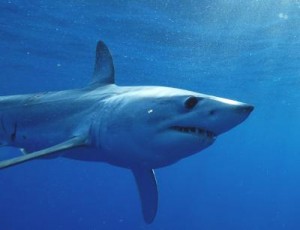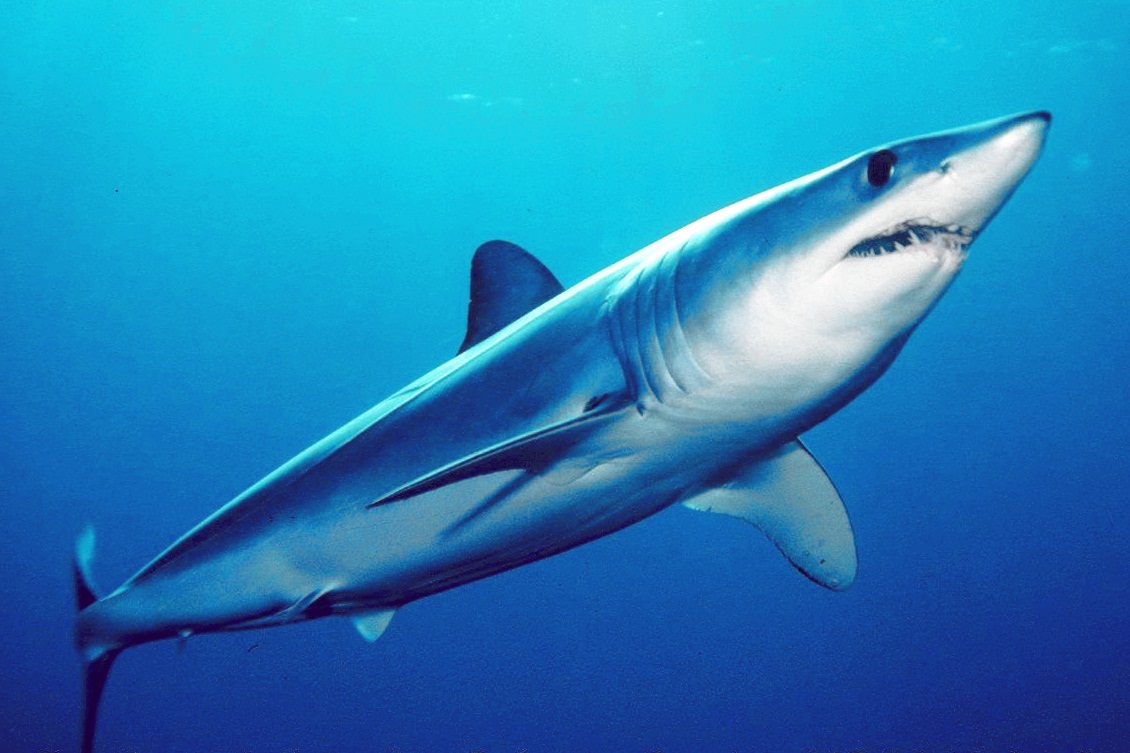Conservation groups are calling for national and international protections for shortfin mako sharks based on a new scientific assessment that finds the North Atlantic population has been depleted and is continuing to be seriously overfished. The shortfin mako – the world’s fastest shark — is sought for meat, fins, and sport, but most fishing countries impose no limits on catch.
“Shortfin makos are among the most vulnerable and valuable sharks taken in high seas fisheries, and are long overdue for protection from overfishing,” said Sonja Fordham, President of Shark Advocates International, a project of The Ocean Foundation. “Because governments have used uncertainty in previous assessments to excuse inaction, we now face a dire situation and an urgent need for a full ban.”
Overfishing
The first mako population assessment since 2012 was conducted over the summer for the International Commission for the Conservation of Atlantic Tunas (ICCAT). Using improved data and models, scientists determined the North Atlantic population is overfished and has a 50% chance of recovering within ~20 years if catches are cut to zero. Previous studies show makos released alive from hooks have a 70% chance of surviving the capture, meaning a ban on retention could be an effective conservation measure.
“For years we’ve warned that the complete lack of catch limits in major mako fishing nations – particularly Spain, Portugal, and Morocco – could spell disaster for this highly migratory shark,” said Ali Hood of the Shark Trust. “These and other countries must now step up and begin to repair the damage to mako populations by agreeing through ICCAT to ban retention, transshipment, and landings.”
 Shark fishing ban
Shark fishing ban
The mako population assessment, along with fisheries management advice that has yet to be finalized, will be presented in November at the ICCAT annual meeting in Marrakech, Morocco. ICCAT comprises 50 countries and the European Union. ICCAT has adopted bans on retaining other highly vulnerable shark species taken in tuna fisheries, including the bigeye thresher and oceanic whitetip shark.
“It’s make or break time for makos, and scuba divers can play an important role in prompting needed action,” said Ania Budziak of Project AWARE. “We’re putting out a special call to ICCAT member countries with mako diving operations — the US, Egypt, and South Africa — to champion protections before it’s too late.”

